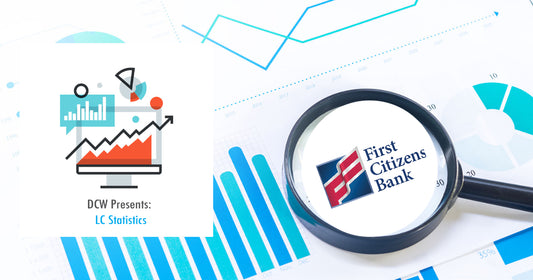Categories
- Anti Money Laundering
- authenticated
- automatic extension
- bill of lading
- compliance
- Counter Terrorist Financing
- extension
- financial crime
- Financial Guarantee
- Guarantee
- Independent Guarantee
- Iran
- ISP98
- LC
- LC Law
- LC Statistics
- Red Flags
- Sanctions
- Standby LC
- SWIFT
- Trade Based Financial Crime Compliance
- tranport documents
- UCP500
- UCP600
- wrongful dishonor

Requiring Invoices Under Standby LCs
In the current double issue of Documentary Credit World, an experienced trade Finance Head decries the practice of requiring invoices under standby LCs, putting forth an interesting example to elicit reader comments. Parts of the following appear in the July/August DCW, with some edits for brevity. Feel free to comment here on the page, or privately email your comments to info@doccreditworld.com.
The Case Against Requiring Invoices
Calling for invoices under a standby letter of credit is a bad practice. As an issuer of standbys, I always discourage calling for invoices. Mere presentation of a default statement should suffice under a performance standby. The statement could be held against the Beneficiary in a court of law if it is falsified or any misrepresentation made.
The Devil's in the Details
If it is absolutely necessary to ask for a copy of a paid invoice, it should be described in detail within the standby itself as to the exact information the bank will be looking for in the invoice. An invoice required under a standby should not be treated any differently than an invoice called for under a commercial LC, i.e. calling for goods description, terms FOB/CIF, name and addresses of parties involved, quantity, rate, date of invoice, etc.
An Example:
Recently, I came across an interesting situation that I wanted to share with DCW readers for reaction. In this case, a Beneficiary claimed that invoice is not per its contract.
The details:
* SBLC subject to UCP600 calling for a true copy of original paid invoice;
* Copy of the paid invoice presented by Beneficiary with the drawing draft (invoice was issued and marked “paid” by the Applicant);
* Beneficiary's name quoted on invoice not per SBLC and invoice is dated prior to issuance of the SBLC or advance payment. Invoice showing Beneficiary's parent as company's name;
* Revised copy of paid invoice was re-presented by Beneficiary, this time showing correct name of Beneficiary, dated prior to the date of the draft, but after the date of issuance of SBLC and marked “revised invoice No. xxxx” (same as the first one) without indicating who made the corrections on the invoice to cure the discrepancy and no evidence that the actual original invoice was revised also before representing to issuing bank. LC is restricted for payment at issuer's counter (not freely negotiable credit).
* The re-presented invoice copy is marked "revised / corrected". Since the issuer had a copy of the invoice presented the first time in their possession, now another invoice carrying same number is being re-presented with the correct Beneficiary's name marked "revised / corrected".
Questions:
- If the standby only called for copies of paid invoices, can the bank reject the re-presentation? If so, on what grounds?
- Would the answer be different if the standby had been subject to ISP98?
- To what extent is a bank issuing such a standby responsible for complying with OFAC and Anti-Boycott requirements?
Author: Arshad H. Siddiqui - Head of the Trade Finance Dept at Handelsbanken, New York Branch





